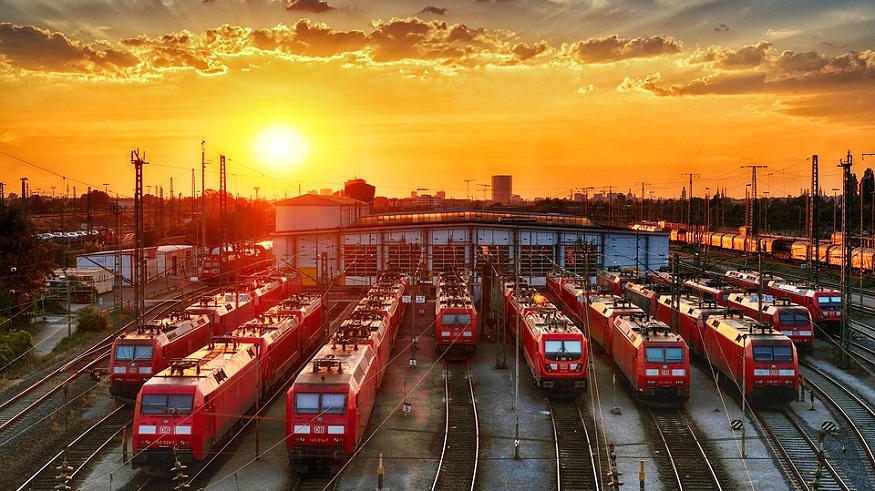
TÜV Rheinland InterTraffic to develop hydrogen application standard for rail
January 19, 2021The German government assigned this task to the testing and certification service provider.
TÜV Rheinland InterTraffic has accepted an assignment from the German government in which it must develop a hydrogen application standard for rail vehicles.
The task was assigned by the German Center for Rail Transport Research at the Federal Railway Office.
TÜV Rheinland is among the global leaders in providing testing and certification. It currently employs over 21,400 people. Alternative fuel sources in rail transport have come with a spectrum of new challenges. Most specifically, the use and handling of H2 and fuel cell tech require a hydrogen application standard for safety. Regulatory and technical requirements are meant to make it possible to guarantee hydrogen fuelled vehicle safety in principle.
As of yet, authorities have been looking to the guidance of technical regulations and standards in place in industry as well as the automotive sector in registering hydrogen fuel cell vehicles in terms of conformity assessment. However, now specific technical regulations and standards in place for approval of rail vehicles powered by H2. The goal is to facilitate H2 use as well as the implementation of fuel cell technology, to streamline the approval process, and to encourage sustainability in alternative rail transportation fuel sources.
The TÜV Rheinland Transportation hydrogen application standard task has been divided in two.
The two work packages for the task are:
- Reviewing all international and national standards and regulations applying to H2 powered vehicles and fuel cell systems. This analysis will be conducted by the application of H2 and fuel cell systems to the rail vehicle sector and their evaluation.
- Developing a rail-specific standard draft for facilitating H2 and fuel cell tech implementation to boost alternative fuel use in railway transportation.
TÜV Rheinland will implement this hydrogen application standard development in an interdisciplinary way. The team involved in the development of these safety standards will include, among others, experts from the H2 competence team from this leading active testing service provider. These team members will support the necessary research and conduct a review of the German and international  regulations and standards as they apply to the railway vehicle sector. The project has been given a 12-month deadline.
regulations and standards as they apply to the railway vehicle sector. The project has been given a 12-month deadline.



 With over 15 years of reporting hydrogen news, we are your premier source for the latest updates and insights in hydrogen and renewable energy.
With over 15 years of reporting hydrogen news, we are your premier source for the latest updates and insights in hydrogen and renewable energy.